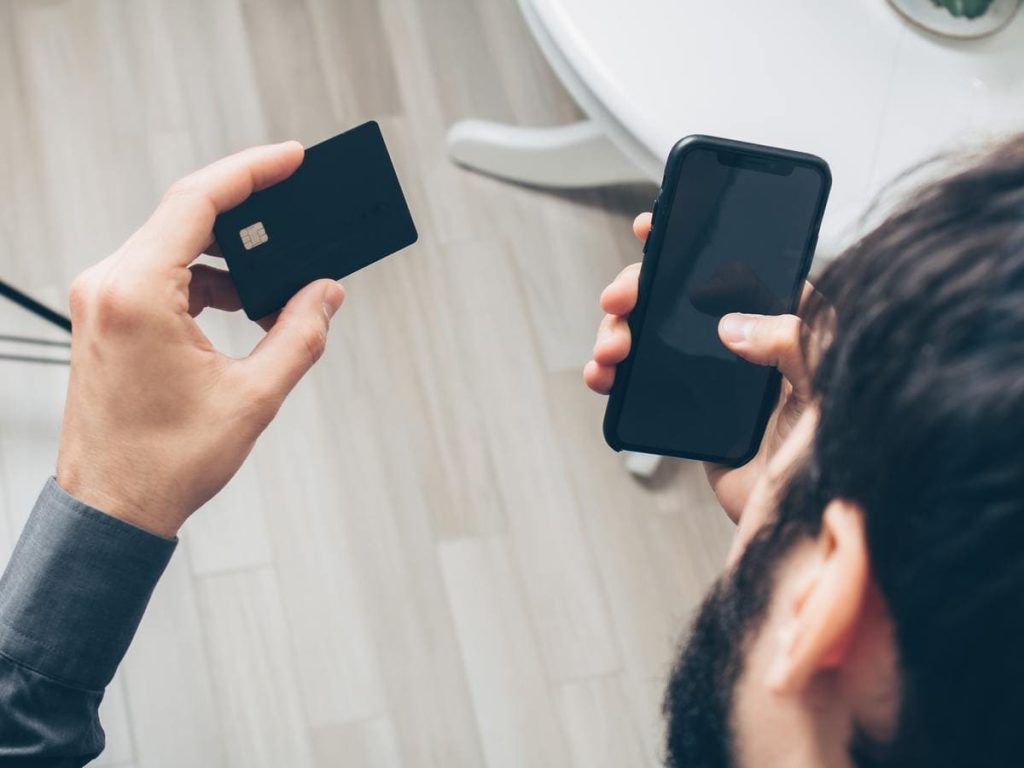By consulting your bank statements, have you noticed one or more debits with the mention Debit interest on private account (ADEL)? Are you wondering what this corresponds to? Our specialists in banking matters will explain and advise you.
Deduction of interest from individual accounts: What is it about ?
The mention « debit of interest on private account » corresponds to a debit transaction initiated by your bank for the settlement of overdraft fees.
It should indeed be kept in mind that a bank overdraft is a form of credit, and that it is therefore not not free. The bank charges interest for its establishment, but also additional costs each time the fixed ceiling is exceeded. The amount of said fees depends on the duration over which the overdraft authorization is used and the authorized overdraft amount.
Thus, three main scenarios can justify the deduction of interest on individual accounts (ADEL) from your account:
- You carried out a banking operation which led to a negative balance in your bank account for one or more days;
- You have exceeded the overdraft amount authorized by your bank;
- The bank made an error in its billing. She may have withdrawn a monthly fee that was higher than expected, causing your bank account to go into the red. It also happens that the bank levies fees by human or software error when the balance of the bank account is not negative.
Also read: Why is my bank closing my account?
What to do to solve the problem?
Four main solutions are available to you depending on your specific situation:
Negotiate the reimbursement of the interest debited from individual accounts
Contact your personal banking adviser and attempt an amicable resolution. If it’s a direct debit error, report it and request a refund.
You can also negotiate a refund if the direct debit follows an occasional overdraft. To convince your adviser, highlight the fact that most of the time, your account is positive. Note, however, that he is not obliged to accept your request.
Send bank charge claim letter
If you believe that the bank has improperly debited your account and that any attempt at direct payment has failed, send a bank charge rejection letter. The shipment must be made by registered mail with acknowledgment of receipt.
According to the law, the bank has a maximum period of 15 days to respond to you. In the event that it does not respond favorably to your request, call on a banking mediator. The latter will seek solutions to resolve the dispute. The process is free. However, due to the high number of requests, processing times are often long.
Go to court
You can also bring the case before a justice conciliator at the district court nearest to you in order to obtain a refund. Naturally, this solution should only be reasonably considered when the deductions concern large sums.
change bank, the ultimate solution
Finally, if the interest debits from private accounts are not stopped by your bank or are too high, consider an outright change of bank. The good news is that you don’t have to worry about paperwork. Indeed, since the Macron law on banking mobility, it is your future bank that must take care of the transfer of your account and all the necessary formalities.
Read also: NSF cheque: remedies



